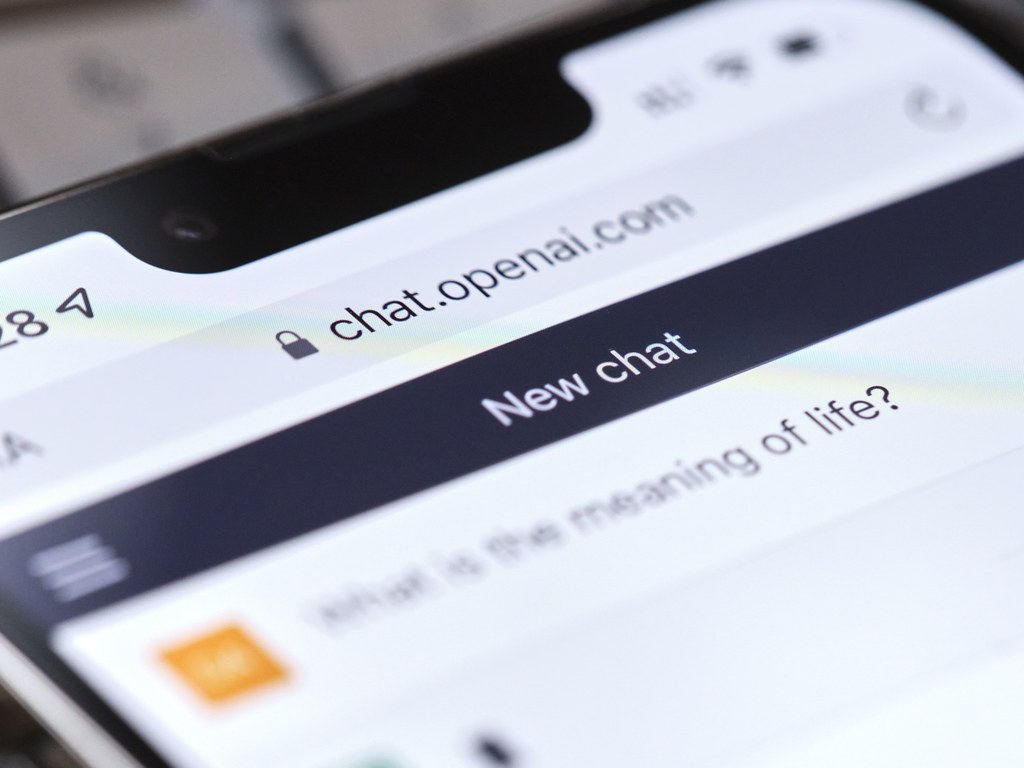Everything is moving fast. For many healthcare professionals, maybe a little too fast.
Generative artificial intelligence is making its way into clinics around the world. Doctors and nurses are increasingly relying on it to support diagnostics and treatment decisions. But while the technology advances, a widening gap is emerging between healthcare providers and patients: the former cite time constraints and limited tools, while the latter are turning more and more to AI-powered chatbots in an effort to diagnose themselves, often with unintended consequences.
That’s the picture painted by the latest Clinician of the Future 2025 report by Elsevier Health, based on responses from more than 2,000 healthcare professionals (1,781 doctors and 425 nurses), as reported by Newsweek.
69% of doctors say they are seeing more patients than they were two years ago, and nearly half (47%) admit that fatigue has negatively affected the quality of care. Another 28% say they simply don’t have enough time to deliver proper care to every patient.
In that vacuum, artificial intelligence is moving in quickly. According to 51% of respondents, most patients will prefer to self-diagnose with online tools like ChatGPT within two or three years rather than visit a physician.
But the technology, while powerful, is far from perfect. Among U.S.-based clinicians surveyed, 74% report that medical misinformation, amplified by publicly available AI systems, is actively interfering with patients’ adherence to treatment. More than half (53%) say they are spending part of their consultation time correcting false or misleading assumptions brought in by patients who’ve already “consulted” with an AI.
Yet paradoxically, healthcare itself isn’t keeping pace with the tech it’s increasingly relying on. While 95% of professionals see clear benefits to using generative AI in clinical settings, only 16% currently use it in actual medical decision-making. Another 48% would like to adopt it further but say they lack adequate training. Just 30% have received any formal instruction in AI tools, and only a third say they have sufficient access to them.
Meanwhile, the market is moving. In 2024, the global market for healthcare-related AI was valued at over $26 billion. Projections estimate that figure will surpass $187 billion by 2030.











